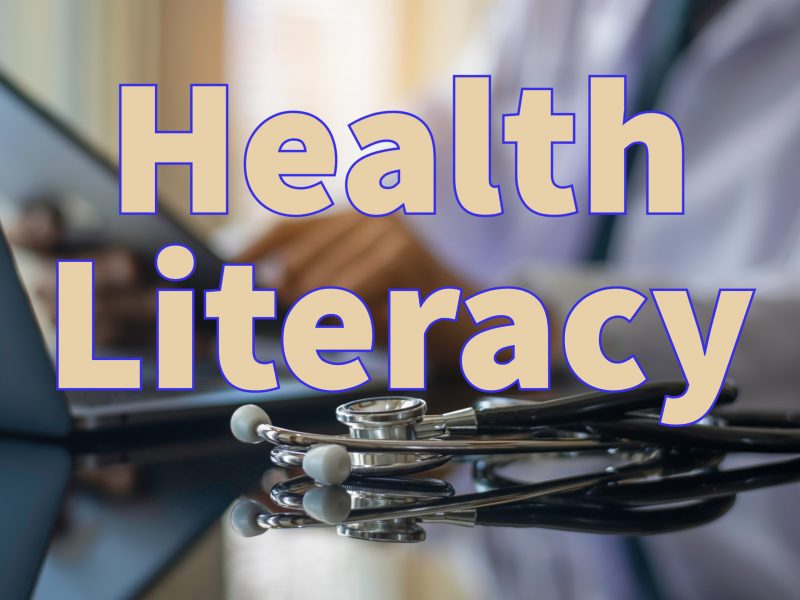

MSD Nurses share information on improving “health literacy”
When people are provided with information they can understand, they can be more empowered to create healthier outcomes for themselves, their families and their communities. Findings from the National Health Literacy Assessment showed limited health literacy affects about 36% of all Americans. How can you and your family improve your health literacy?
-
Ask questions
If you don’t understand what your doctor is telling you or only understand part of it, ask questions. Studies show that many patients are embarrassed to ask questions when they’re confused by what a doctor is saying. Don’t be embarrassed! There is no such thing as a dumb question when it comes to your health. Explain to your doctor that you’re having trouble understanding and ask that the information be explained again.
-
Repeat what your doctor tells you in your own words
Your doctor may give you a lot of information in a short time. To make sure you understand, it can help to repeat what your doctor said in your own words. You can start by saying, “Let me make sure I understand. You said…” This gives your doctor a chance to clear up anything you’ve misheard or don’t understand.
-
Bring a friend or loved one with you to your appointment, if possible
If they can’t come to the appointment in person, ask your doctor if they can join you virtually by phone or a video call. Ask the person to take notes for you, just in case you miss something. If you don’t understand your friend’s notes, make a list of questions to ask your doctor at your next appointment. If your questions are more urgent, such as how to take medicine or how to care for yourself after a procedure, it makes sense to call your doctor’s office right away.
-
Ask to work with a patient navigator if one is available
A patient navigator is someone trained to help you navigate the healthcare system and coordinate your care. Besides helping you understand your healthcare, patient navigators also can help you access health services, assess your treatment options, get a referral, find a clinical trial, fill out forms, and apply for financial assistance. In many cases, a patient navigator will have more time to spend with you than your doctor does.
-
Keep a running list of questions for your doctor or patient navigator
The list can include terms you don’t understand, questions about research you saw in the news, or side effects that you’re concerned about. You can keep the list on your phone or in a notebook that you bring with you to each appointment.
-
Ask for a translator or bring one with you, if needed
If your first language is different from the one spoken where you live, you may not understand complex medical terms or instructions. Ask your doctor’s office if translation services are available. If these services aren’t available, bring someone with you who can translate for you. If all of these options are exhausted google translate is a good backup resource. You can talk into the phone and it will talk back in the selected language.
-
Ask if there are hand-outs or other materials you can use to help you understand.
Your doctor’s office is likely to have additional materials to help explain complicated instructions/information. Not everyone learns best by listening to someone talk. Some people learn best by looking at pictures. Other people learn best by reading the information, and still others learn best by watching a video. So ask for the information in the form that will be most useful for you.
-
Don’t believe everything you read on the internet
- There are thousands of medical information websites. Sadly, not all of them are reviewed by experts, and some exist only to spread bad information and sell items that may do more harm than good. The U.S. National Institutes of Health reports that it is becoming more and more difficult for people to separate health information based on scientific research from misleading ads and gimmicks, especially online. When you search for medical information online, make sure the website is operated by a reputable organization, such as the National Institutes of Health, the American Cancer Society, the American Society of Clinical Oncology, or other independent group. Check to see if the information has been reviewed by a person with expertise in that field. It’s also a good idea to look at a number of different websites to make sure the information is confirmed and supported by different organizations.
- If the point of a website is getting you to buy something, especially something expensive, it’s a good idea to take a step back and see what other groups are saying about the product or service.